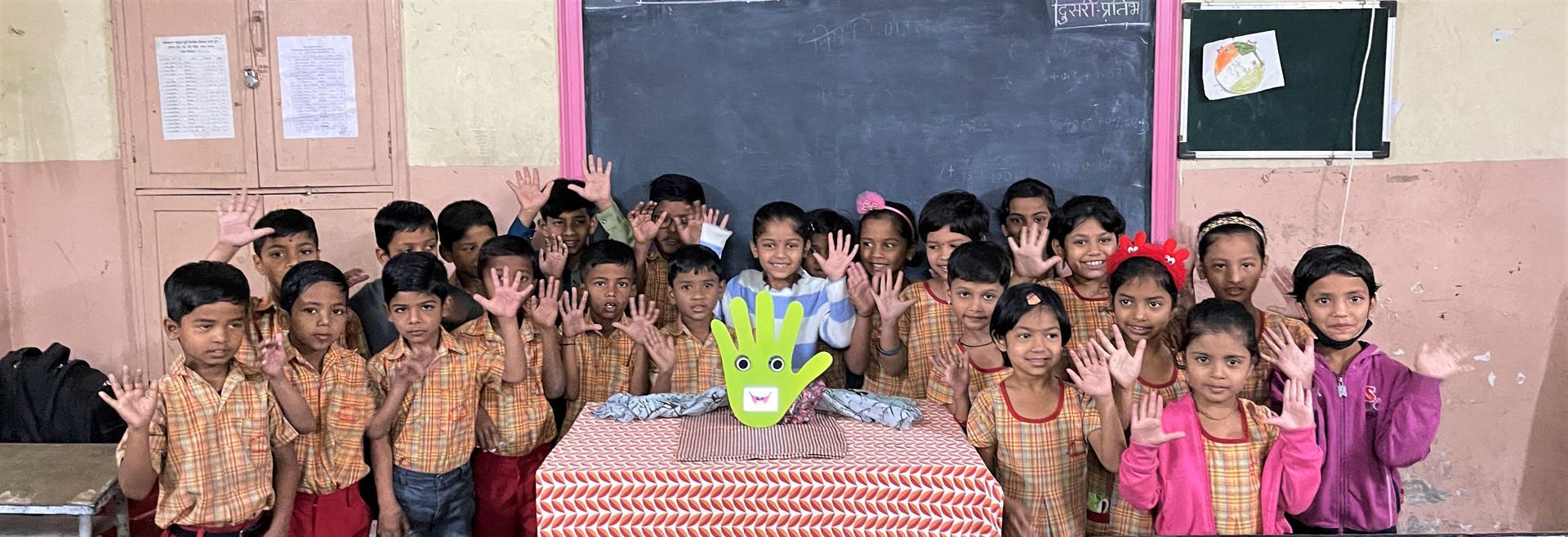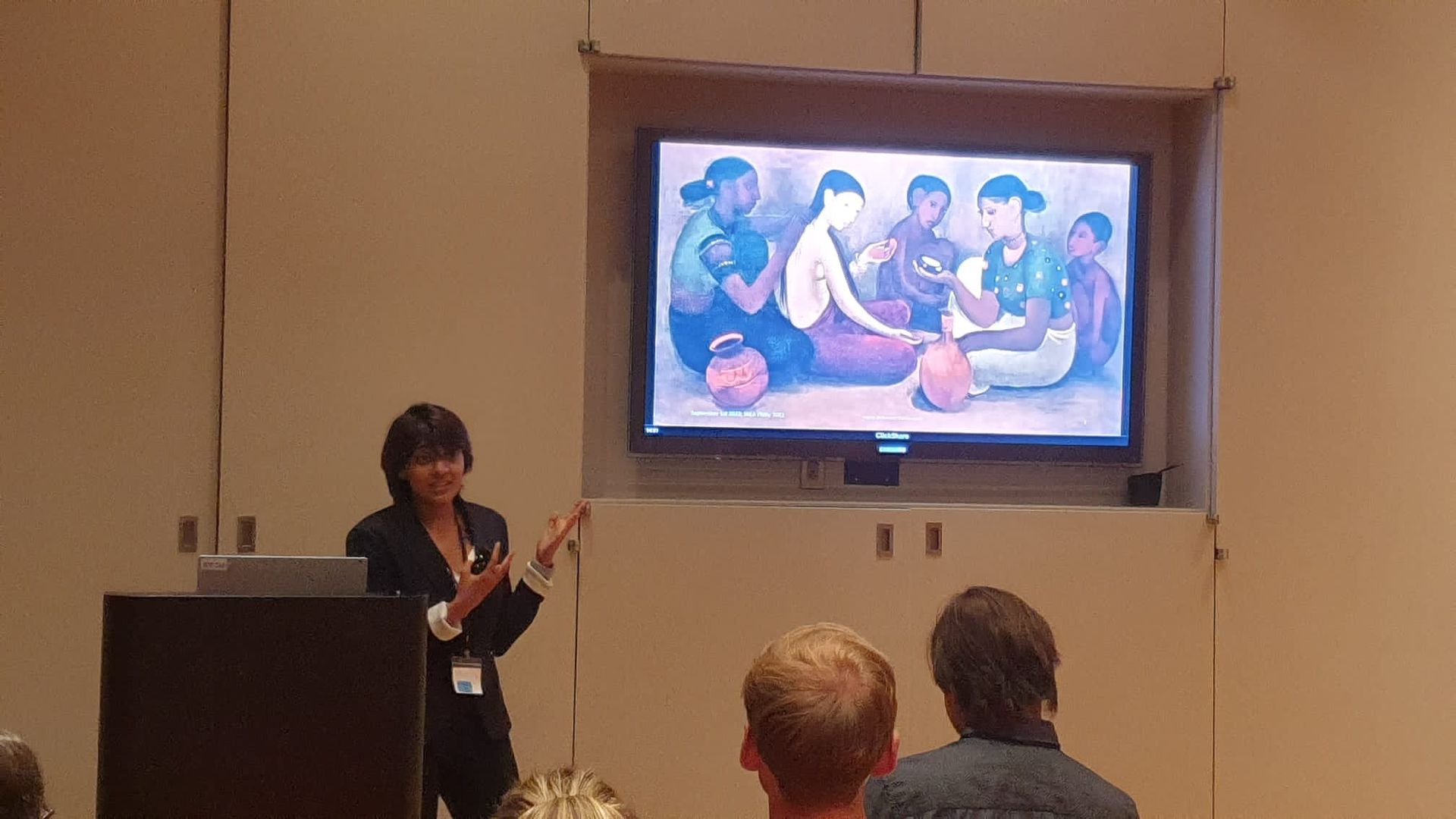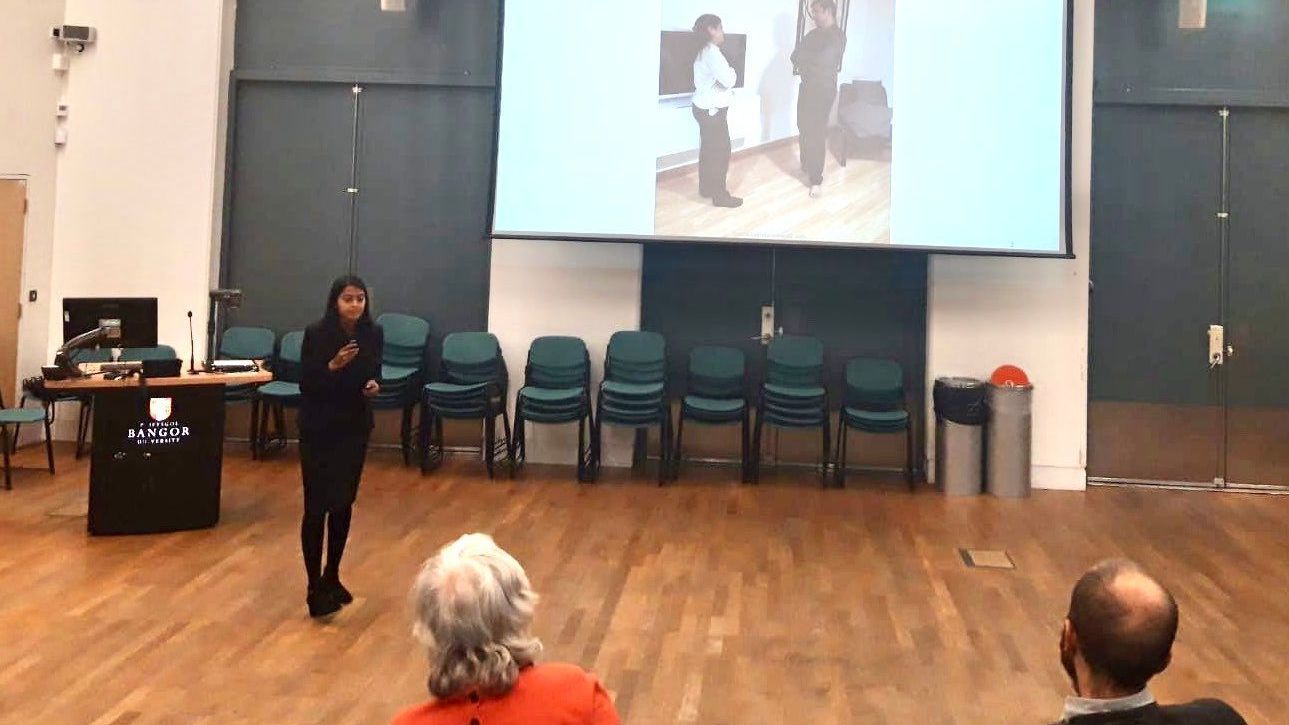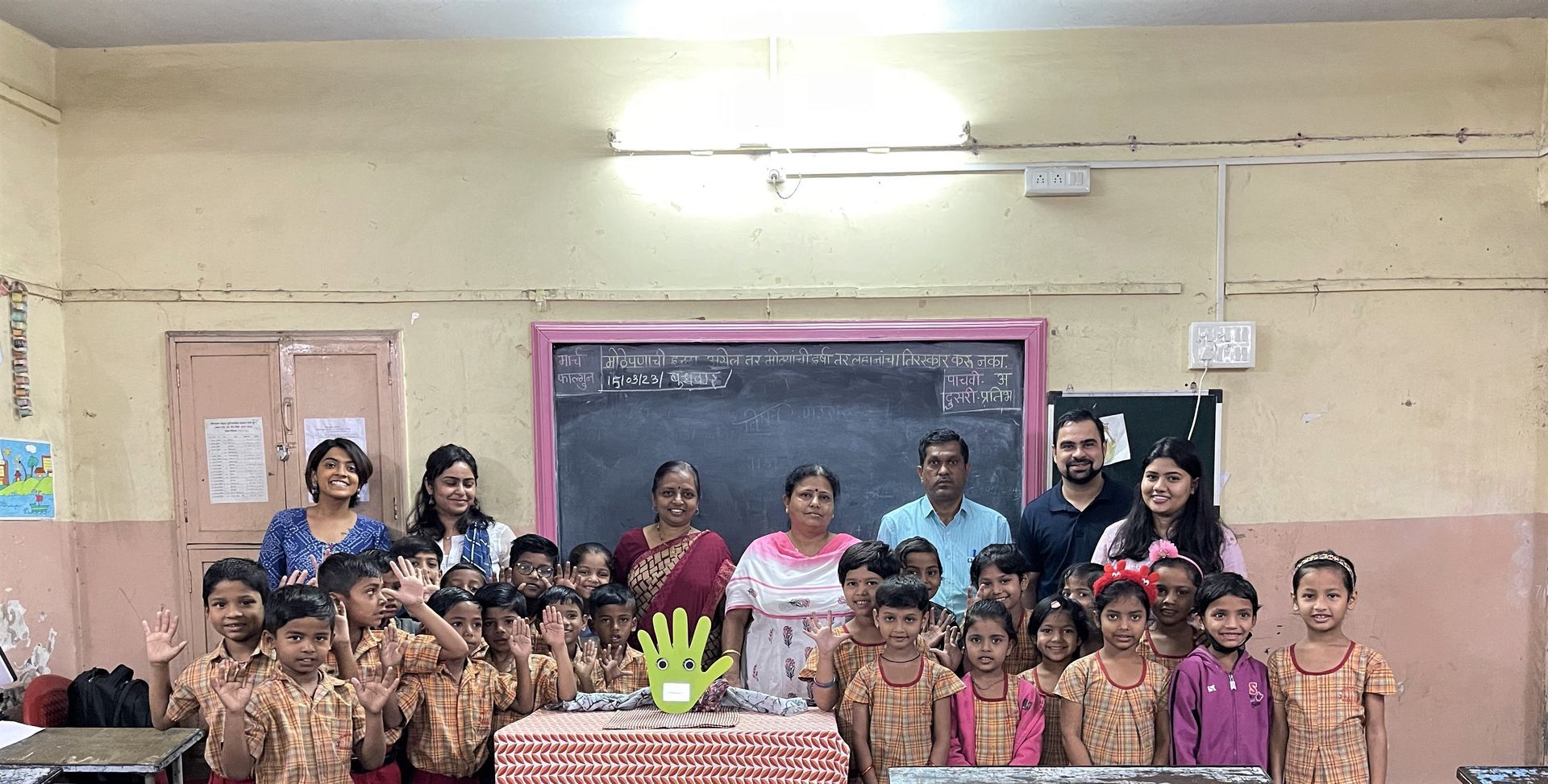Community Engagement
Fostering scientific literacy and empowering individuals to actively shape their communities by evidence-based decision making.
At ARISA, we firmly believe in the importance of engaging with the public and fostering a sense of scientific curiosity and understanding among diverse audiences. Our commitment to public outreach goes hand in hand with our mission to advance knowledge and make a positive impact on society. Through various initiatives and activities, we strive to bridge the gap between scientific research and the general public, ensuring that our work is accessible, relatable, and beneficial to a wide range of individuals.
We collaborate with schools, colleges, and universities to bring science into classrooms and educational institutions. By providing resources, conducting workshops, and facilitating student visits to our laboratory, we aim to inspire young minds, ignite scientific passion, and support STEM (Science, Technology, Engineering, and Mathematics) and arts education.
You can find more information about our current collaborations here.
To foster a culture of lifelong learning and encourage active participation, we organize public lectures and workshops. These events provide an opportunity for the community to interact directly with our researchers, ask questions, and gain insights into our cutting-edge research. We strive to create an inclusive environment, encouraging people from all backgrounds to attend and engage with our work. Through our public outreach and engagement efforts, we aim to promote scientific literacy, inspire curiosity, and foster a sense of excitement and involvement in the scientific process.
We actively participate in science outreach events that range from local community gatherings to large-scale science festivals. These events allow us to showcase our research in an interactive and engaging manner. Through hands-on experiments, demonstrations, and interactive exhibits, we captivate audiences of all ages, sparking curiosity and inspiring the next generation of scientists.
Below are a few online resources with links to lectures delivered by Dr Kohinoor Darda:
Careers in cognitive neuroscience and everything brain-y (April 2021): Ayuda Mental Health Organisation, Pune (MH), India.
Public Lecture (September 2020) Social cognition and art experience in children, Kalmadi High School, Kaveri Group, “Know and Grow” Programme, Pune, India.
Public Lecture (April 2020) Theory of knowledge in aesthetics and cognitive neuroscience, DRS International School, Hyderabad, India.
Public Lecture (December 2019) The Imitation Game – how do we control our tendency to copy others? College of Human Sciences, Bangor University, UK.
We are dedicated to effective science communication by translating complex concepts into accessible language that can be understood by non-experts. Through engaging and informative content, including articles, blog posts, and social media updates, we aim to spark interest and promote a better understanding of our research findings. We leverage various platforms and channels to reach a diverse audience and encourage open dialogue with the public.
You can find out more about our science communication efforts over here.
We encourage public involvement in our research through citizen science initiatives. By empowering individuals to contribute to data collection, analysis, and problem-solving, we create opportunities for collaboration and shared discovery. Citizen science projects allow the public to actively participate in our research and contribute to scientific advancements.

Slide title
Write your caption hereButton
Slide title
Write your caption hereButton
Slide title
Write your caption hereButton
Slide title
Write your caption hereButton

